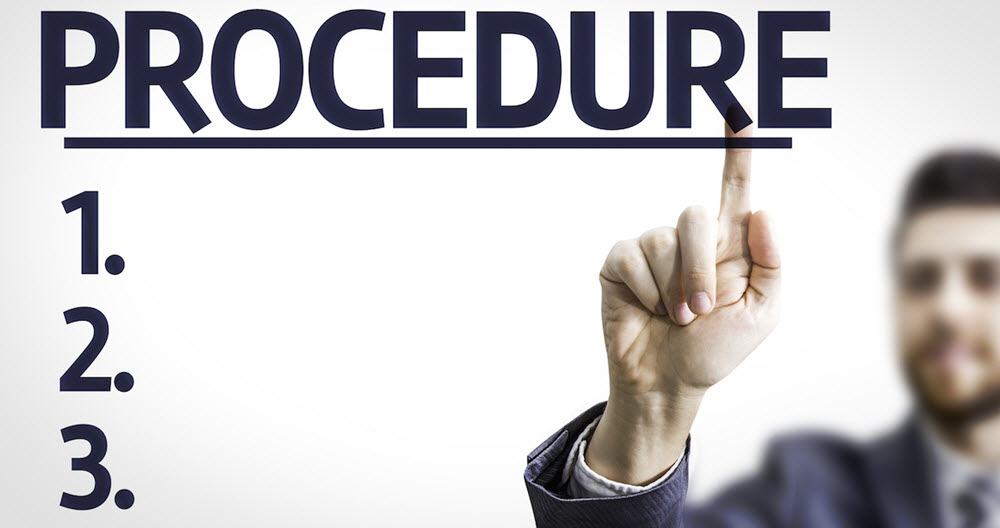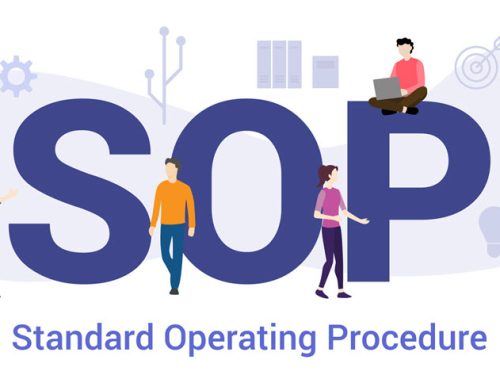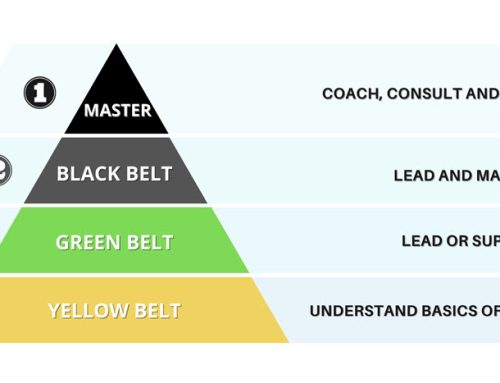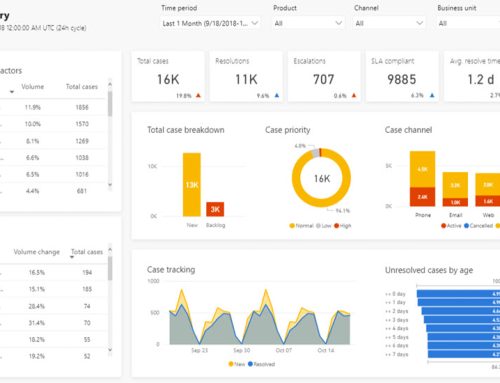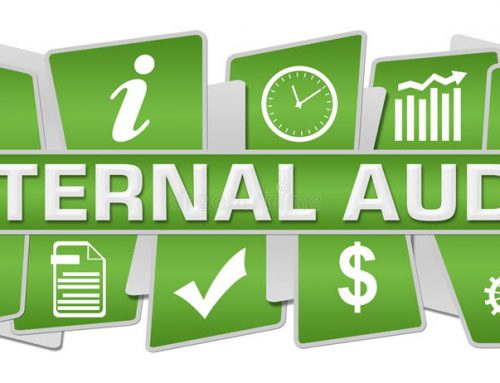A standard operating procedure for hotels is a set of written rules on a document that are followed by the hotel. The Standard Operating Procedure (SOP) ensures the quality and consistency of service of a hotel by maintaining its quality standards. Every hotel has its own SOP and every hotel develops them according to their own niche, but the purpose of SOP will remain the same. They play an integral part in hotel quality as every staff member has to learn and acknowledge certain things to perform their jobs efficiently to maintain a particular standard.
A standard operating procedure for hotels determines the quality standards of a hotel and how they can be achieved. A hotel can be a large working place and can have many departments. Let’s say there is kitchen, rooms, suites, parking, reception and many more. All departments have different duties to perform. So, the standard operating procedure for hotels can vary from department to department according to the relevancy. The top management and Human Resource Management department make up a different and relevant SOP for all the departments and for all employees. The standard operating procedure contains all the relevant details of how to get the job done to the required quality standard.
When a Hotel Management Should Use Standard Operating Procedures
The standard operating procedure for hotels is developed at the beginning of its establishment. The hotels top management analyzes the brand vision, framework, competitive set, and define the required quality standards and then make an SOP. When there is an SOP, it is easier to train employees and then expect them to reach an optimal level of the quality standard set within the hotel. Within time, the top management can change the SOP’s in the light of recent directions of the hotel.
The Content of a Standard Operating Procedure for Hotels
Since every hotel operates and functions in different ways depending on different circumstances, they have their own understanding of required quality standards and procedures. So, the use of an SOP in every hotel will differ from each other. They will use different contents; however, the basic content, structure, and the purpose of SOPs will remain the same. Here is what you typically would see in an SOP:
- Name and address of the company.
- SOP number, and date when the SOP was prepared/reviewed.
- Process/steps to be carried out, in sequential order.
- Whose responsibility it is to carry out the SOP.
- Aim or objective of the SOP.
- The scope of the SOP (an area which will be covered by the SOP).
- Any other useful information.
- Name and signature of the person/persons who made/reviewed the SOPs, along with a date of review.
Key Benefits of Standard Operating Procedure for Hotels
There are plenty of benefits by maintaining standard operating procedures as an integral part of maintaining quality standards in the hotel and hospitality business. Below are some of the key benefits of a standard operating procedure:
- The SOP document is the confirmation of a particular standard. Everyone can match their performance level to that written document. It is like a constant confirmation.
- The SOP document contains every procedure in detail to define how each procedure should be performed to achieve the required quality standard. It tells you how to conduct a task according to best practice.
- These SOPs can contain certain standards that are regulated by the governments, so having SOPs means that you maintain your quality standards and comply with governmental regulations.
- Line managers can use them to train their employees through various tests and training phases. This will also ensure a more consistent approach across employees within a department.
- Written SOP in every department can also benefit a lot in achieving better quality as they are consistently used and people tend to do it a lot better.

